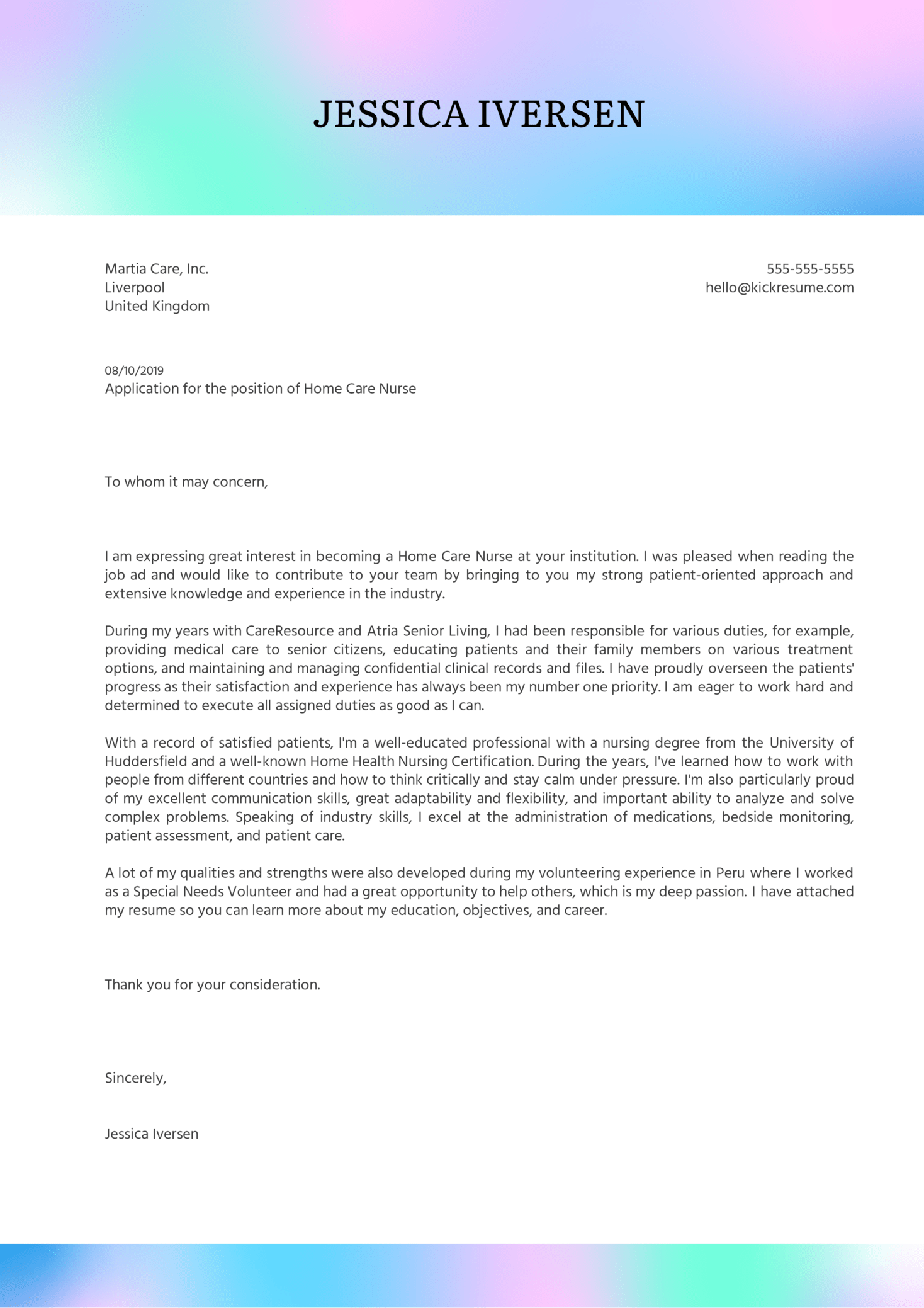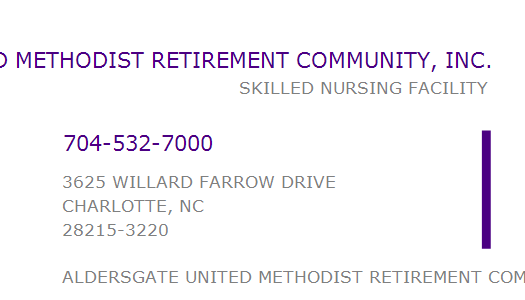
There are several options for paying for long-term care for elderly people. Typically, a combination of sources will be sufficient to cover costs. These include Medicare, Medicaid, long-term care insurance, and out-of-pocket expenditures. Even though it is essential, out-of-pocket expenditures can quickly run out of money as people age. Also, this is a transitional status before Medicaid coverage is available. Further, Medicaid eligibility requires the elderly to be low-income, so personal savings are difficult to maintain and can deplete very quickly.
Home care
There are many options when it comes home care for an older loved one. These services may include companionship and transportation. The assistance can be given for as little or as long as you need. Home care for the elderly may also include reminders about medications and meals. You may consider hiring an in home care provider if your loved ones require assistance with daily activities.
Most seniors receive long-term nursing care at home. This care is usually provided by family members who are not paid. In fact 25% of American adults said that they have provided care to an elderly relative in the last 30 jours. A home care arrangement allows people to live independently while still having their loved ones visit. It may not be right for everyone but home care can be an excellent option if you aren't able to provide 24-hour care to your loved one.

Nursing homes
A variety of nursing homes provide the care that an elderly person requires. These facilities are designed to provide day-to-day care for elderly people who are unable to care for themselves. In some cases, the elderly may need temporary care due to illness or surgery, or while a regular caregiver is away. These facilities are equipped to care for people with dementia or Alzheimer's. You or a loved-one may need long term care.
In addition to providing 24-hour care, nursing homes also offer advanced medical care. Overseeing patient care are licensed nurses and physicians. Staff members with special training perform various tasks and help with daily living. Depending on the needs of the elderly, the facility may offer long-term skilled nursing care or intermediate care. Some facilities offer hospice and end-of-life services. While they are not hospitals or nursing homes, they offer the necessary care.
Short-term care
A great choice for those who don’t need 24-hour nursing is short-term. This facility offers meals prepared by a professional chef as well as activities and company to residents. In addition to providing meals, short-term care facilities provide assistance with daily tasks, including bathing and dressing. The community is also well-appointed, and residents enjoy the amenities and pleasant atmosphere. Short-term care can be more affordable than permanent facilities, since the caregiver is paid per day.
Senior citizens may also consider nursing homes. Although they provide 24-hour care, medical assistance is not always available. Nursing homes may not be available for all people who require 24-hour care. It is best to make arrangements ahead of time if you want to stay at a nursing home. The short-term care center offers residents comfortable living arrangements and life-changing opportunities. Manda is a registered nursing nurse and a licensed Michigan administrator for nursing homes. She has extensive knowledge in all areas related to the post-acute industry.

Medicaid
Medicaid for long-term elderly care is a program that provides long-term long-term support for those in need. This government-funded health insurance program covers some costs for elderly residents living in nursing homes with low incomes. Medicaid is available for seniors who meet certain income and asset limitations. Medicaid is not without its limitations. Proper documentation and careful planning can help you meet these requirements. To be eligible, you must have a U.S. citizenship and reside in the country where you are seeking assistance.
Medicaid covers Cash and Counseling. There are many states that have their own Medicaid programs, which may or not cover medical services. A Medicaid program will usually cover personal care services. Many states also offer additional benefits, such as emergency response systems, home delivery of meals, and specialized medical equipment. Medicaid may pay spouses or family caregivers for assistance. However, if your loved-one requires additional services beyond these essential ones, you might consider the Medicare program.